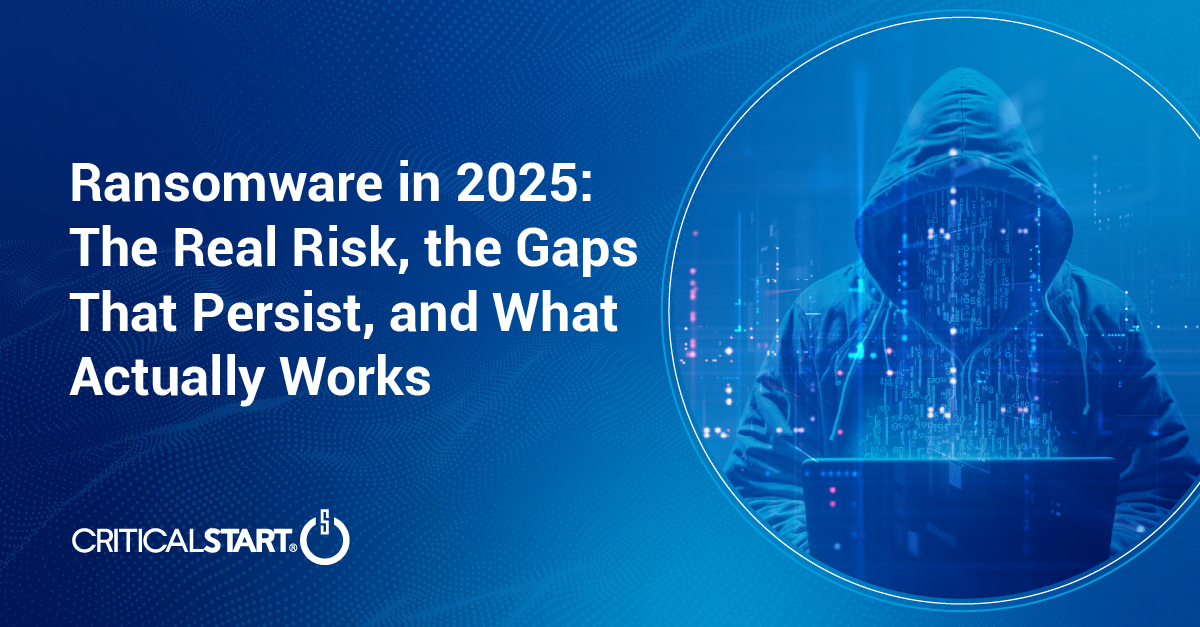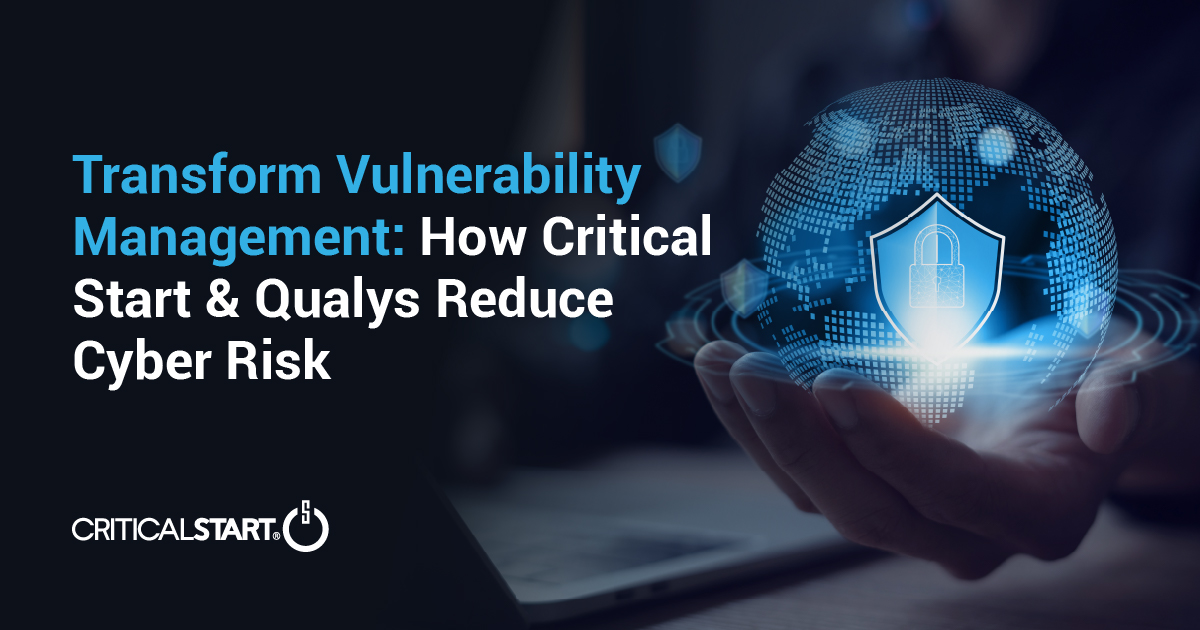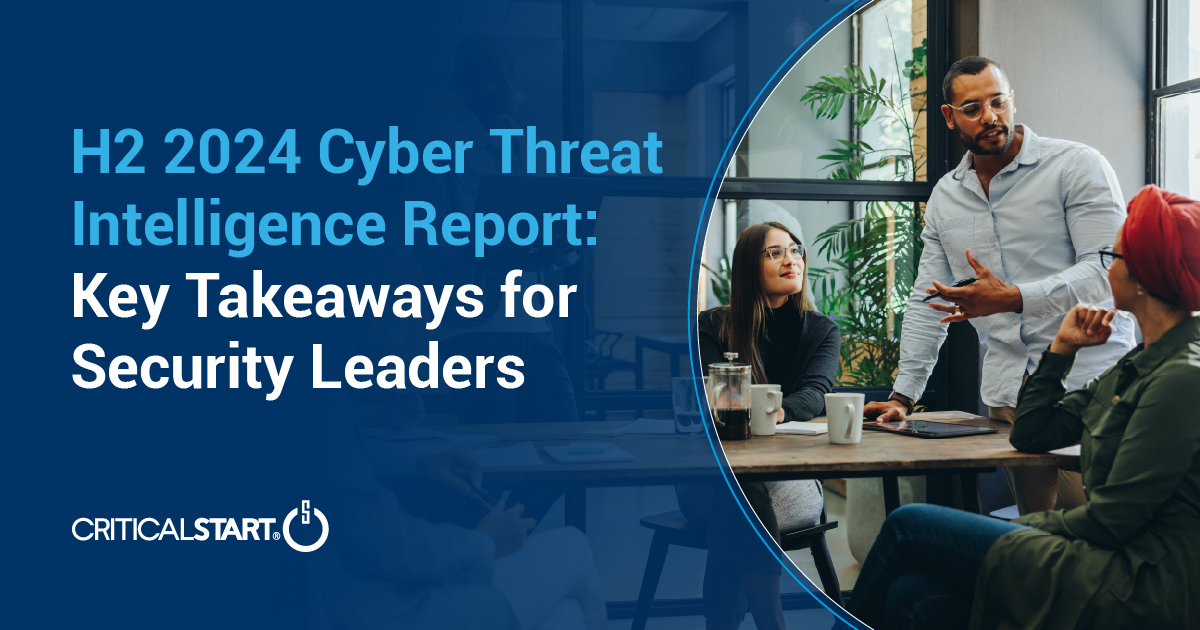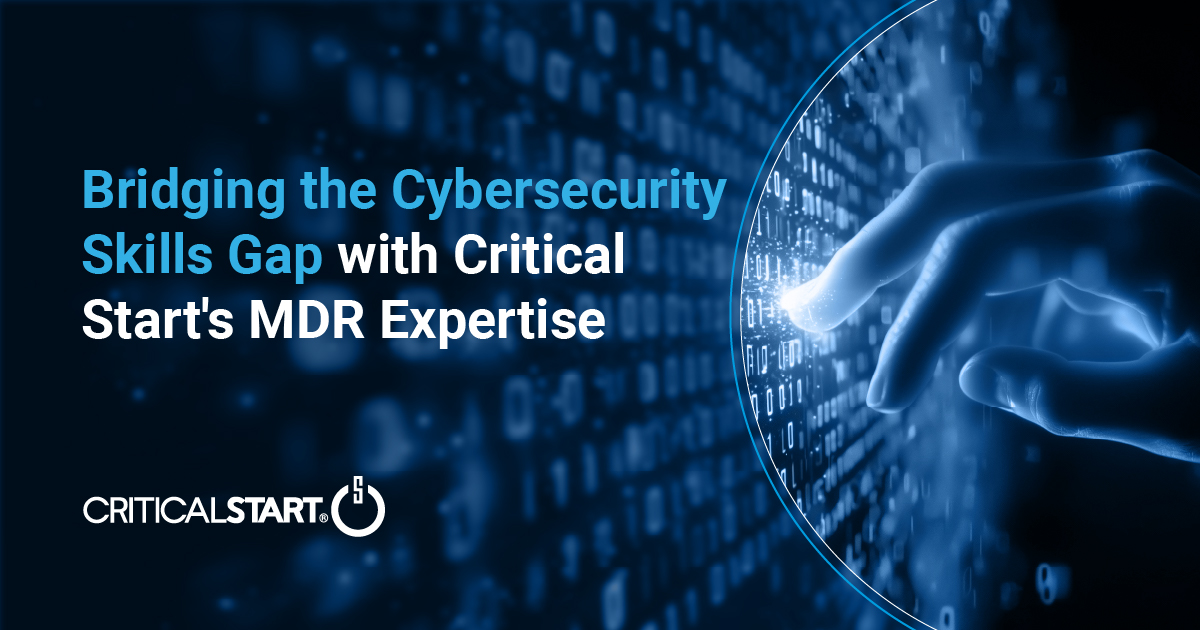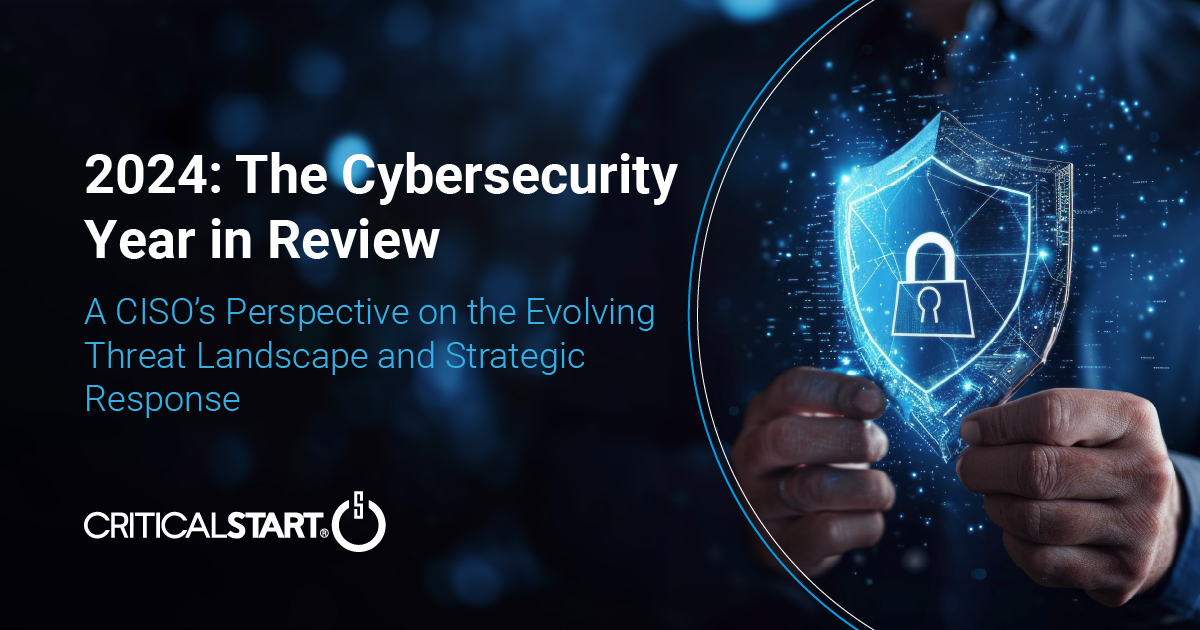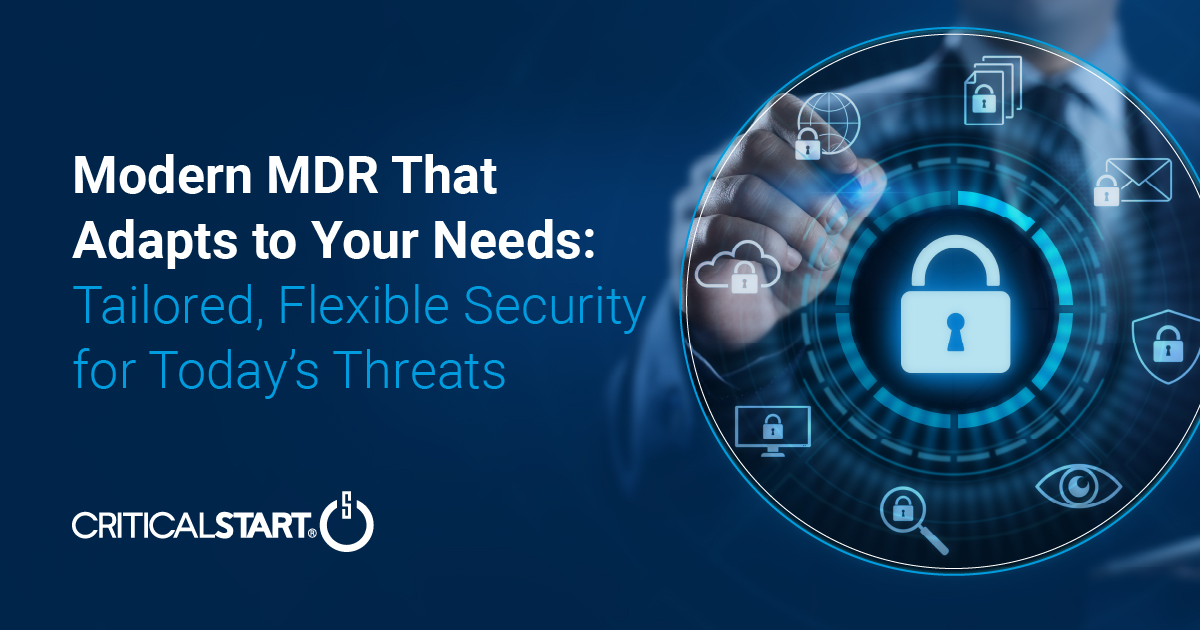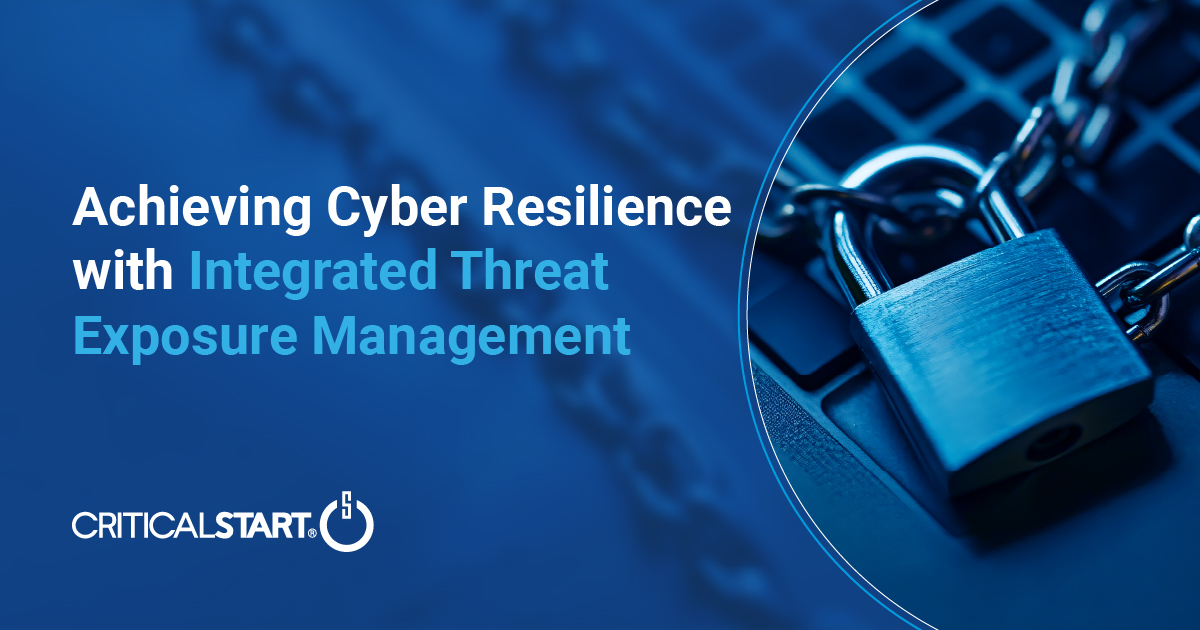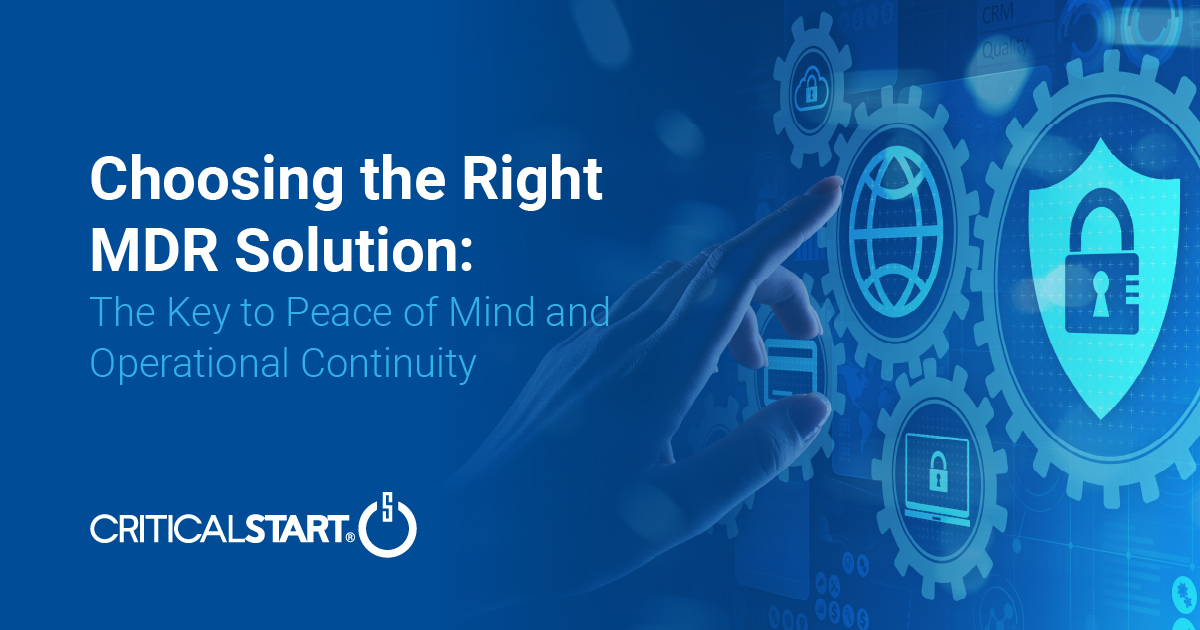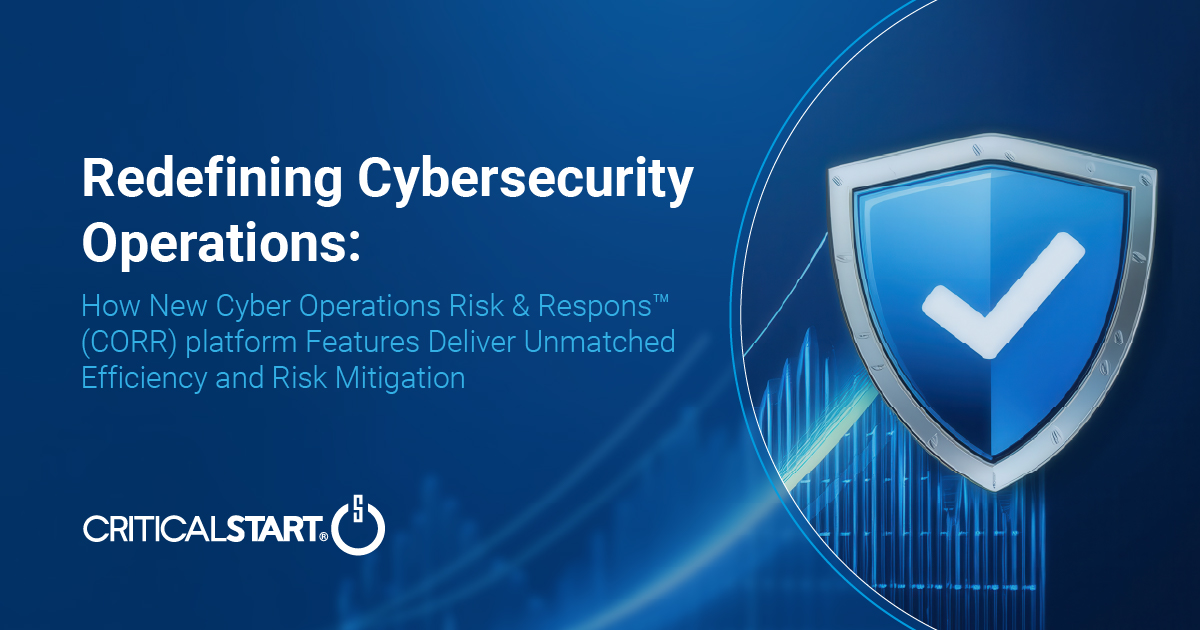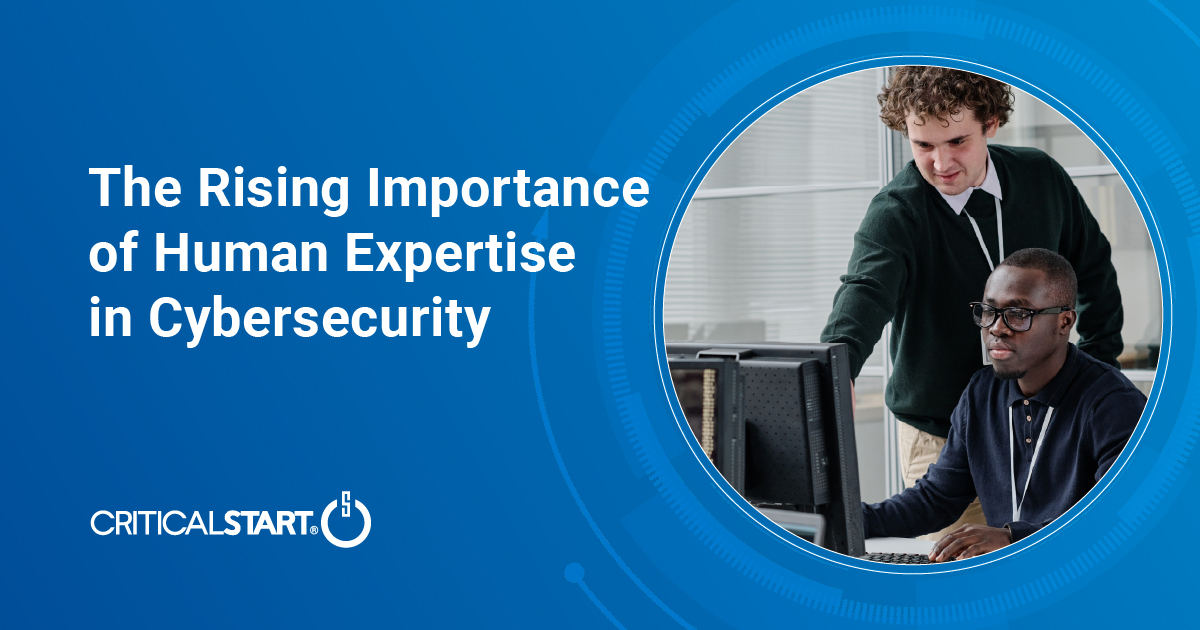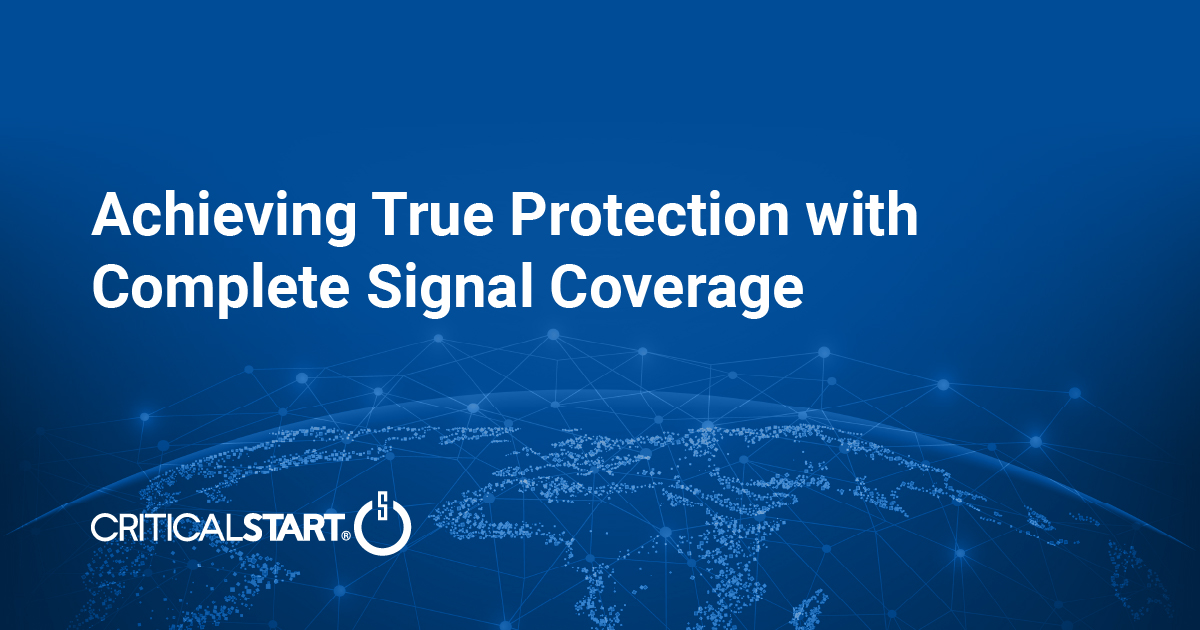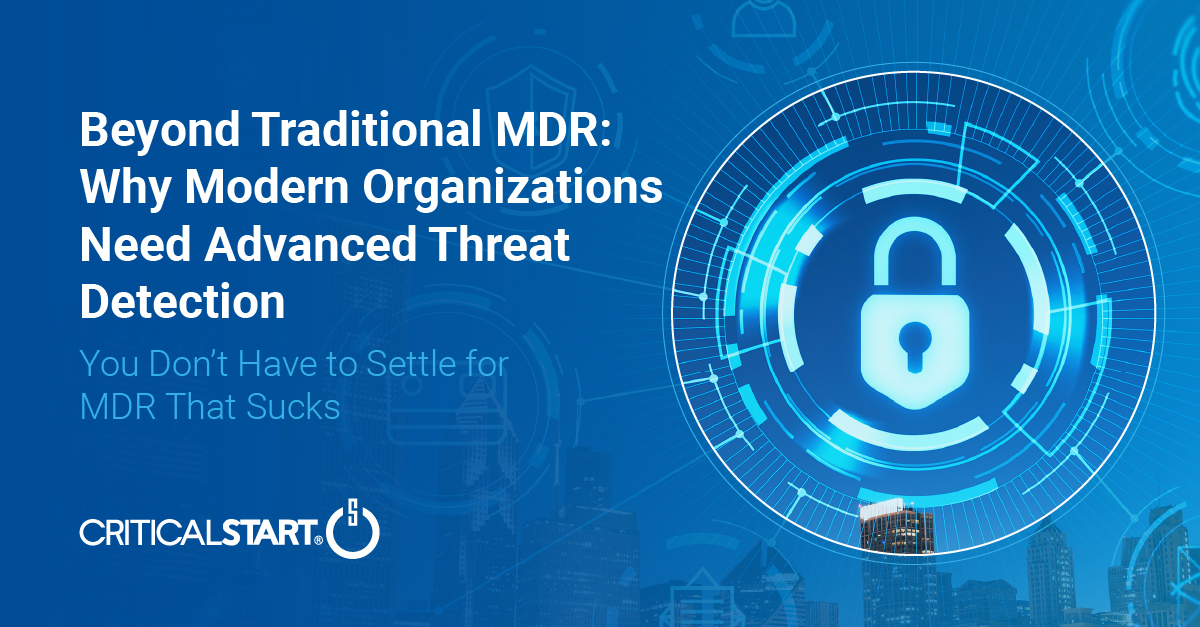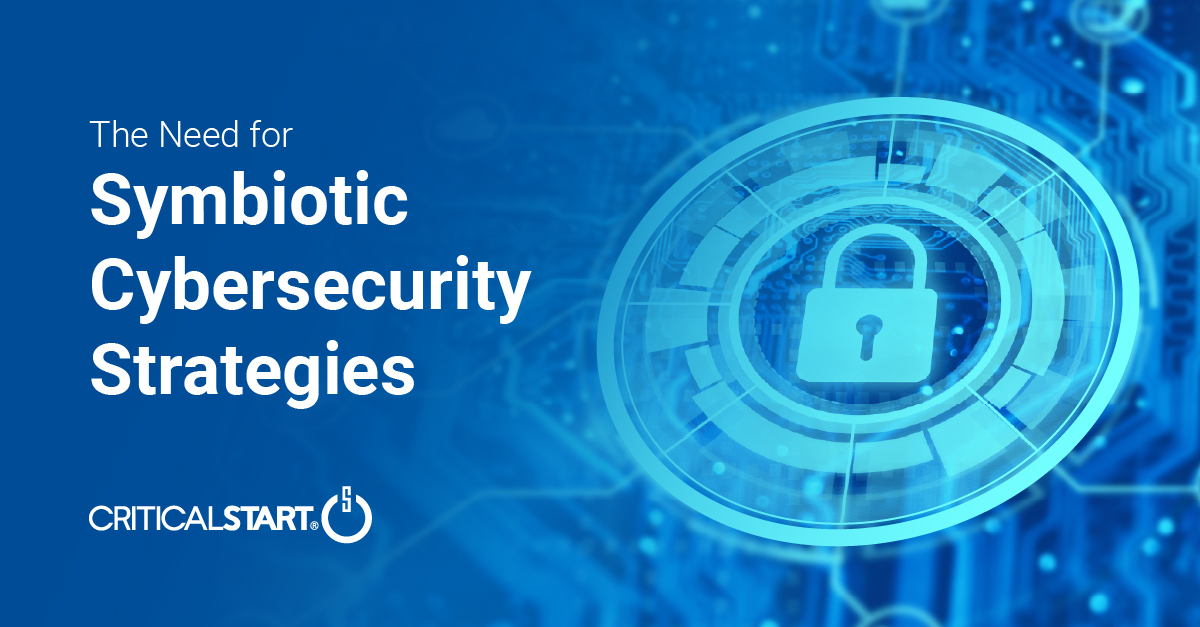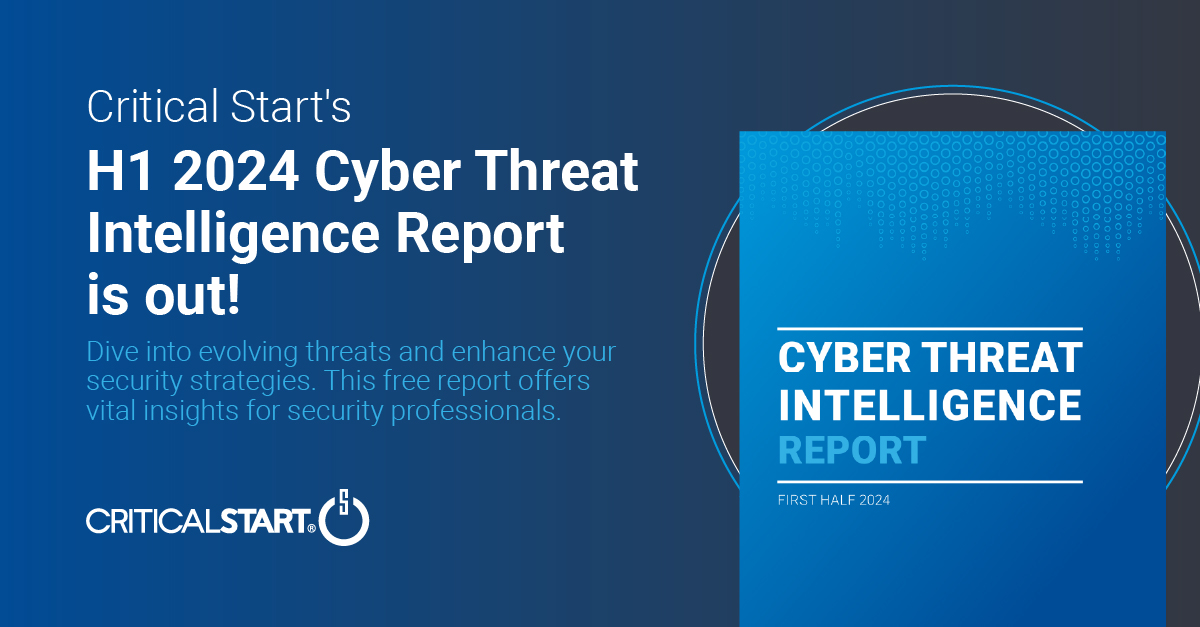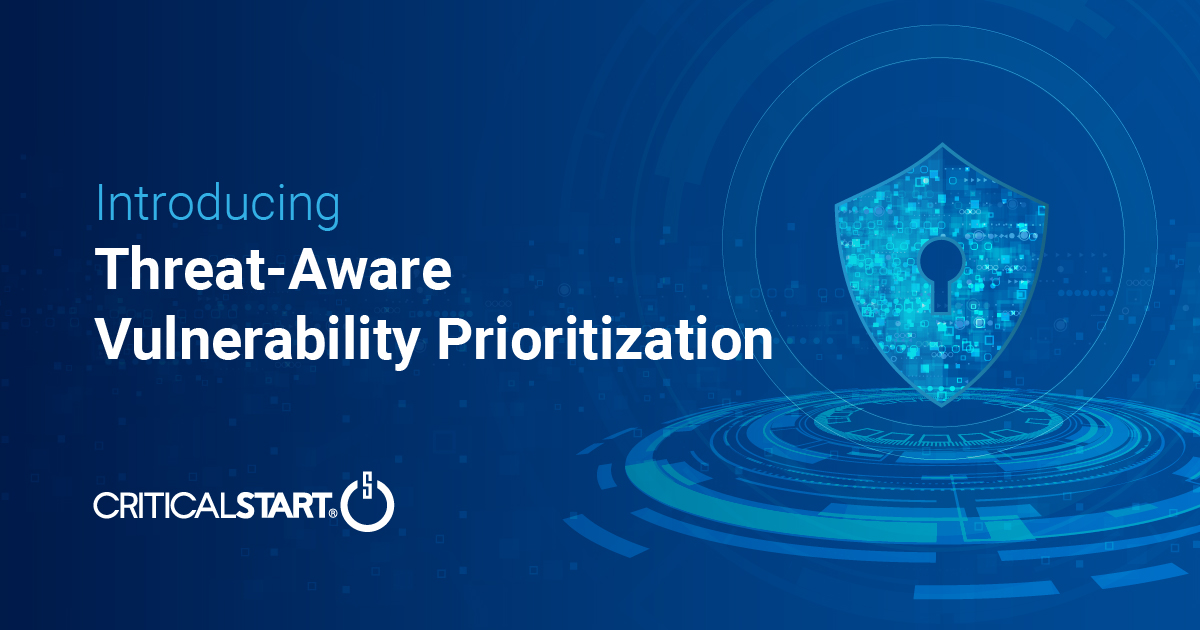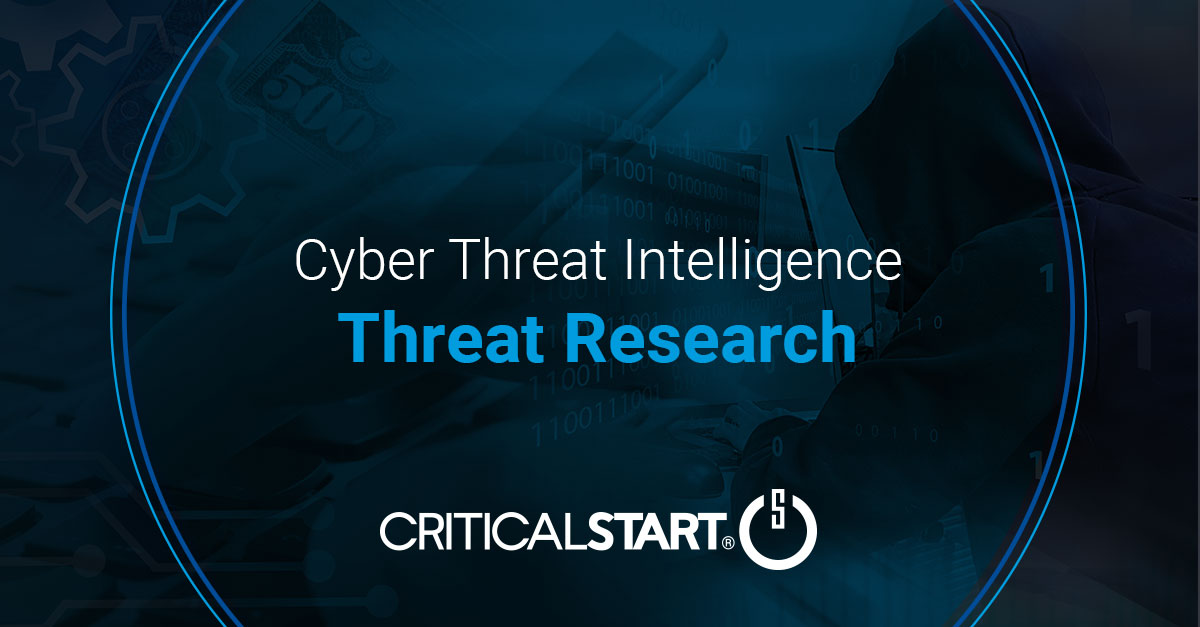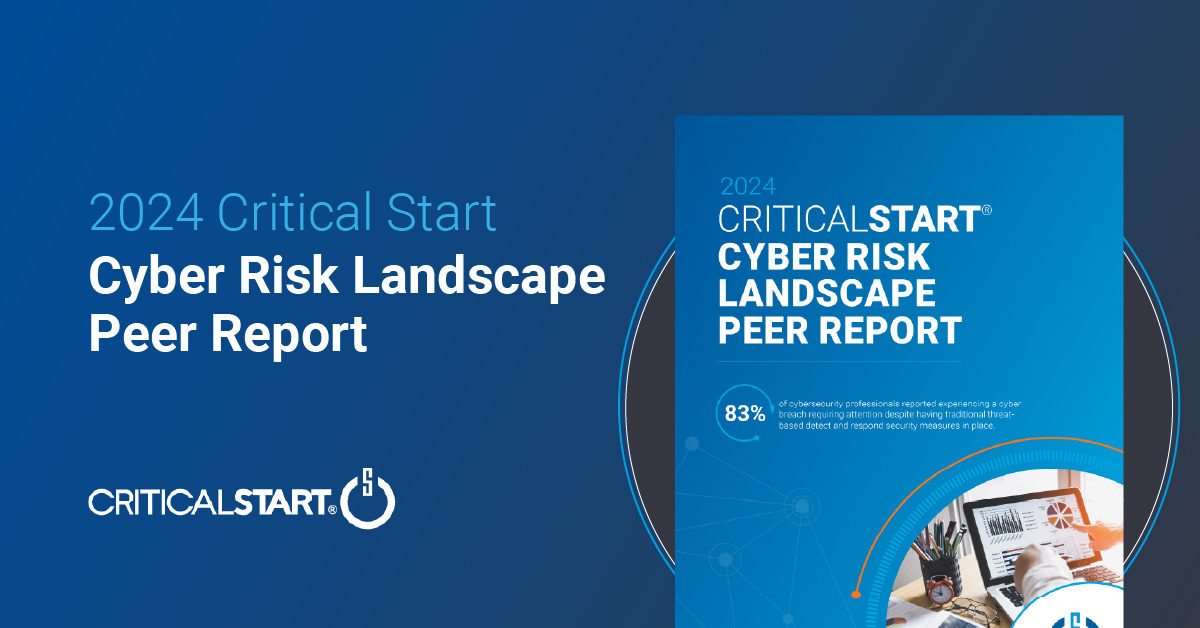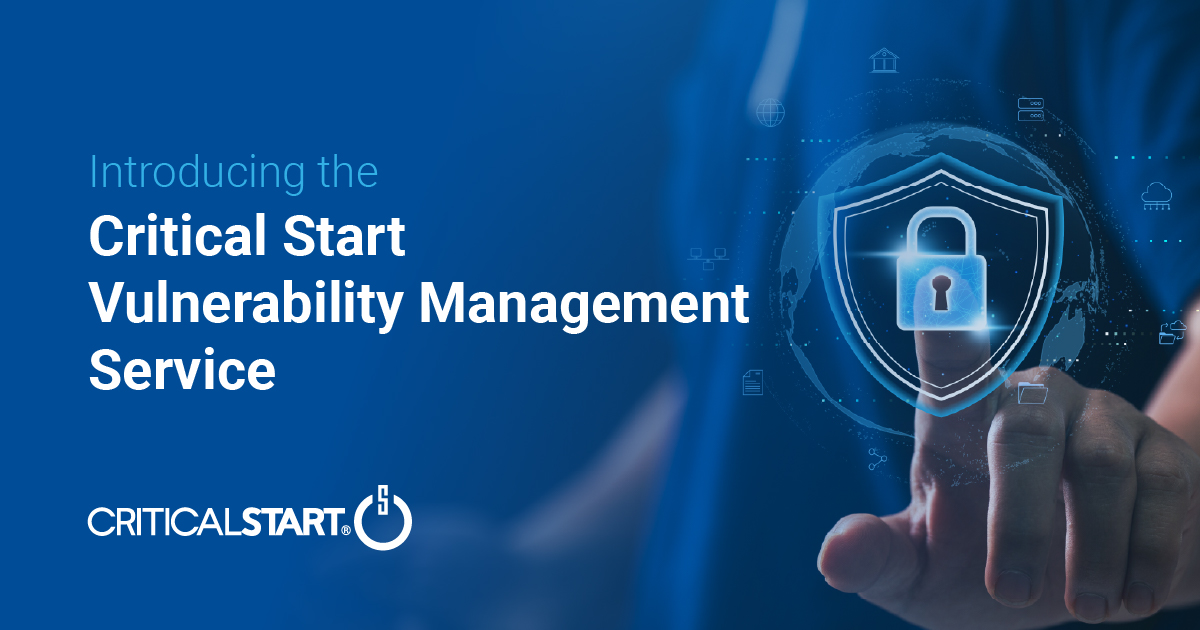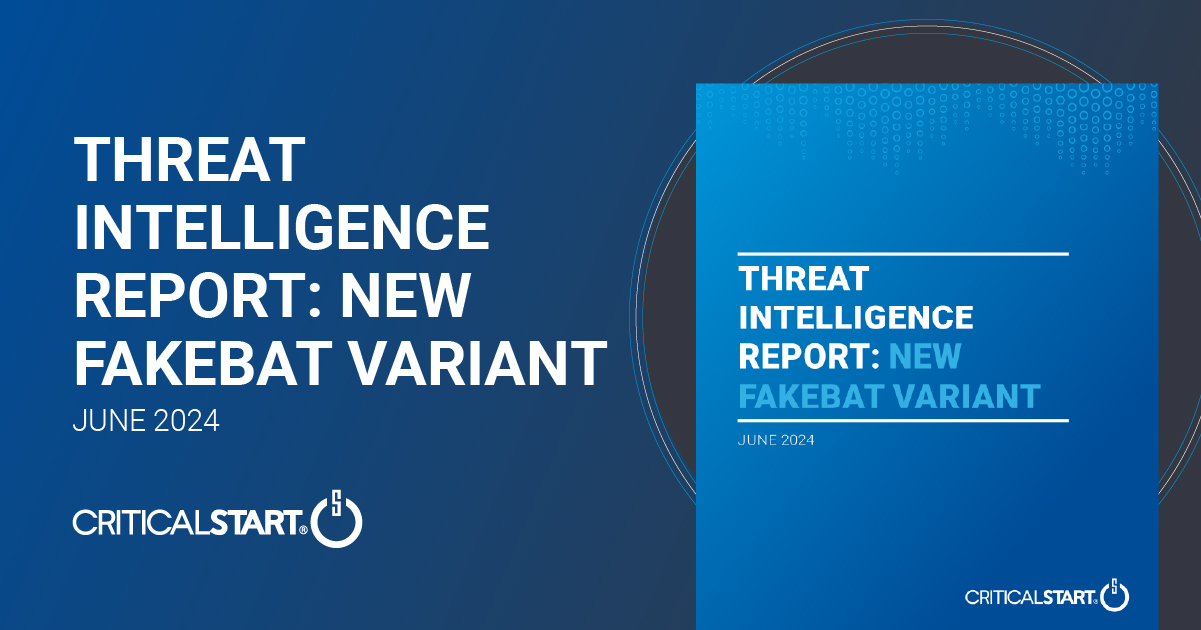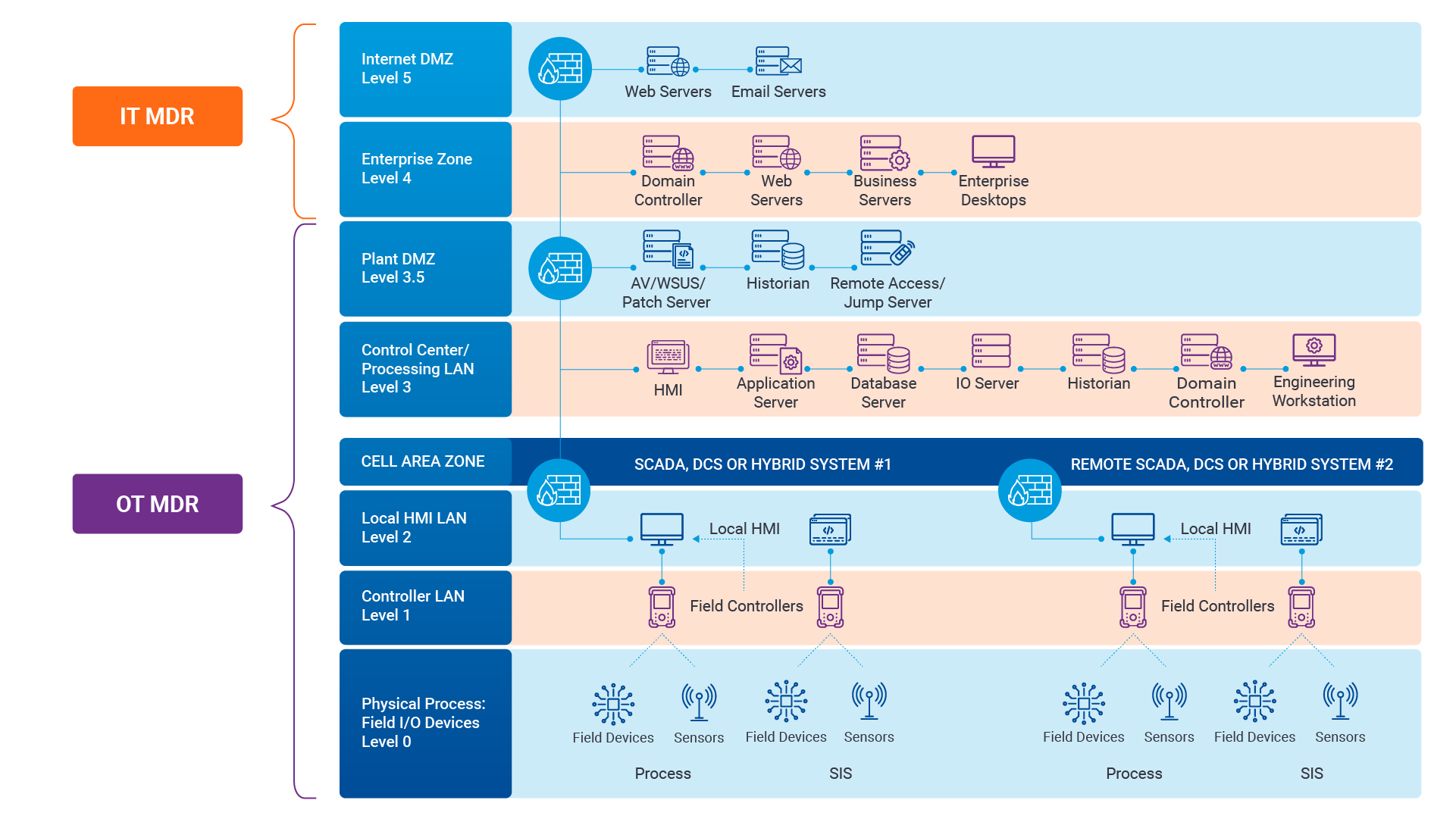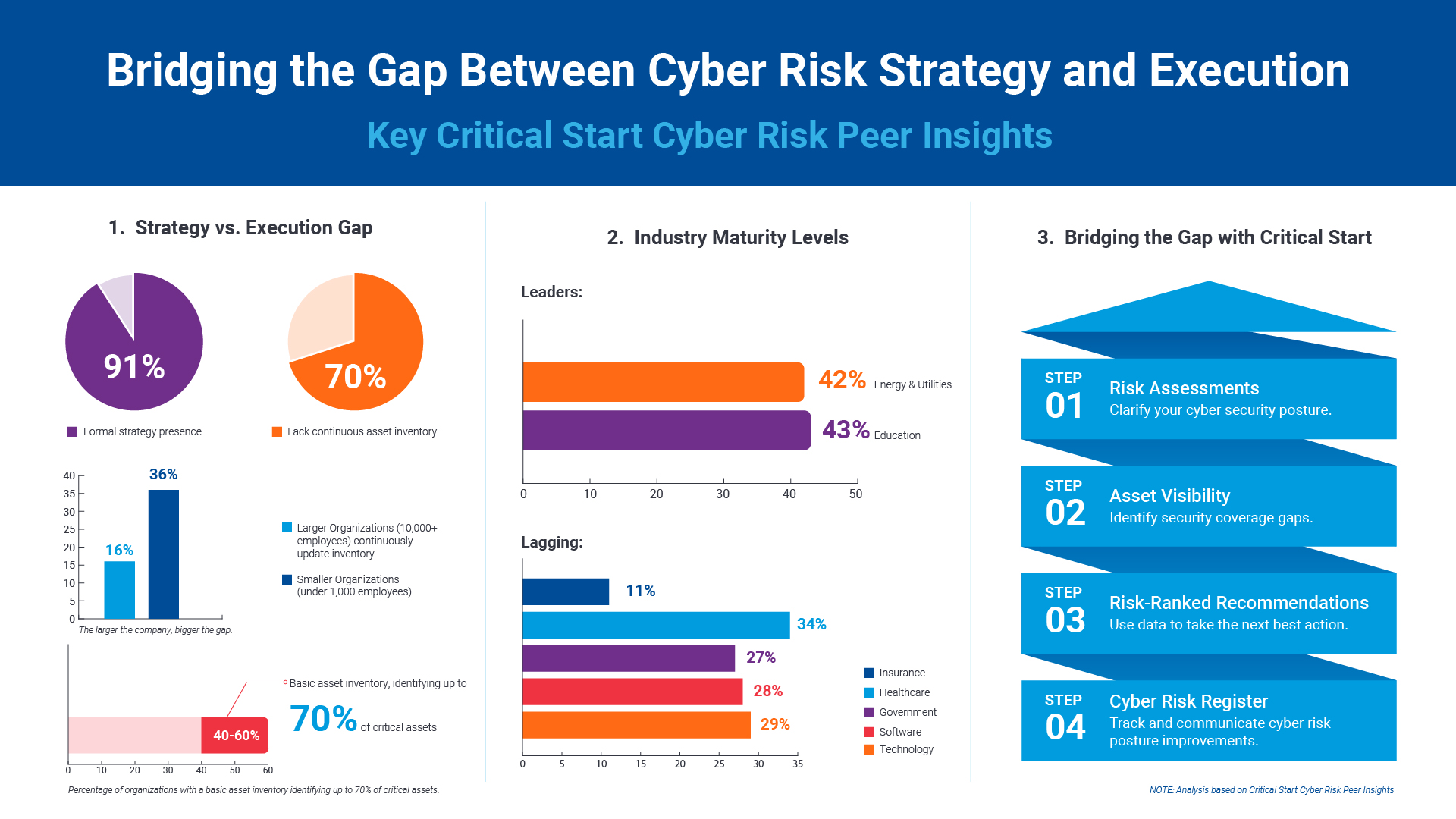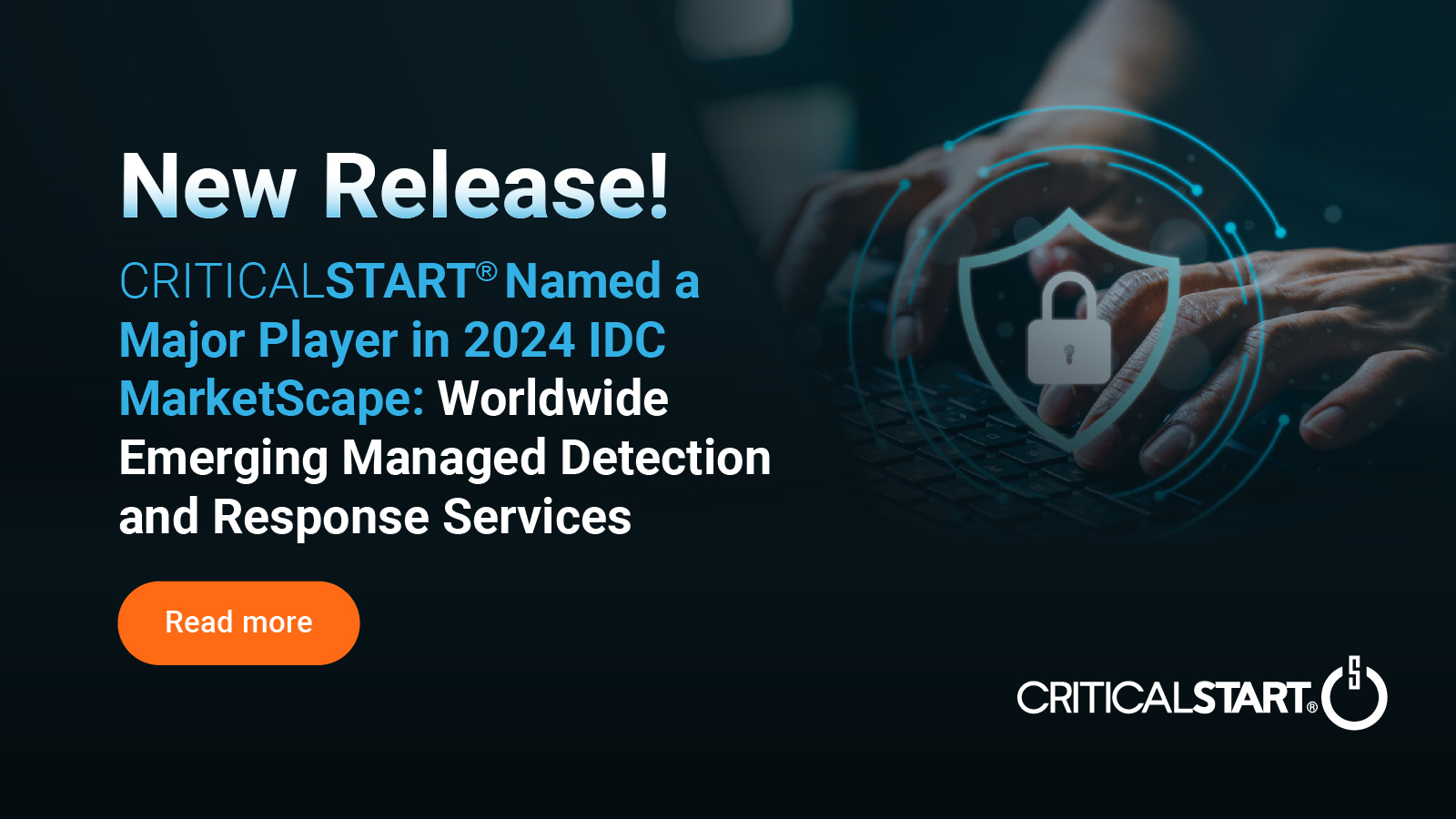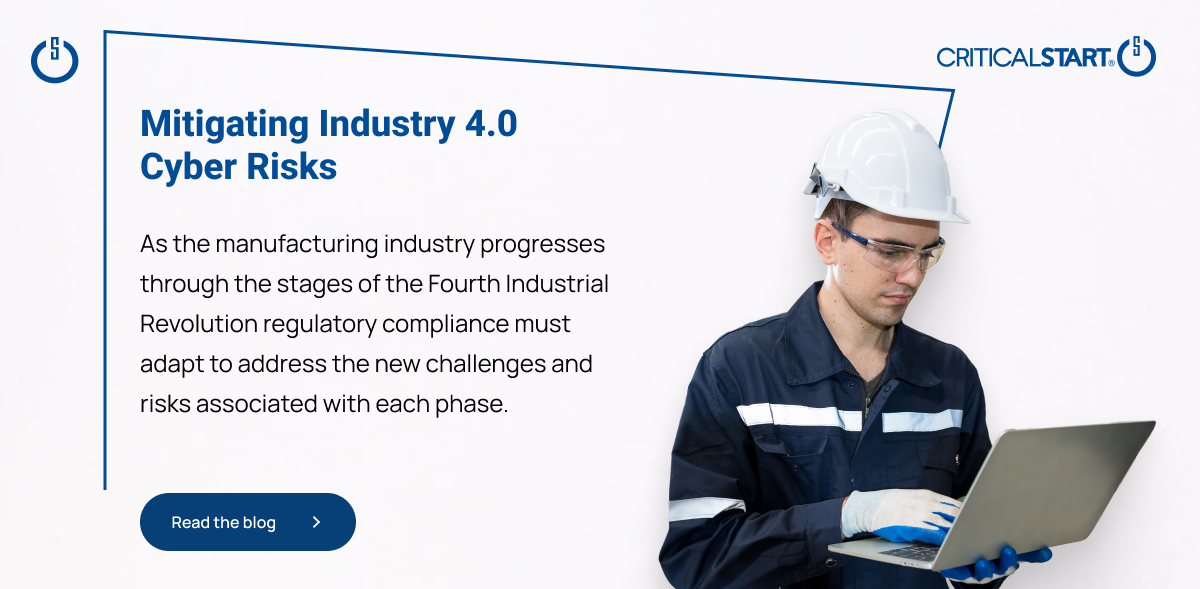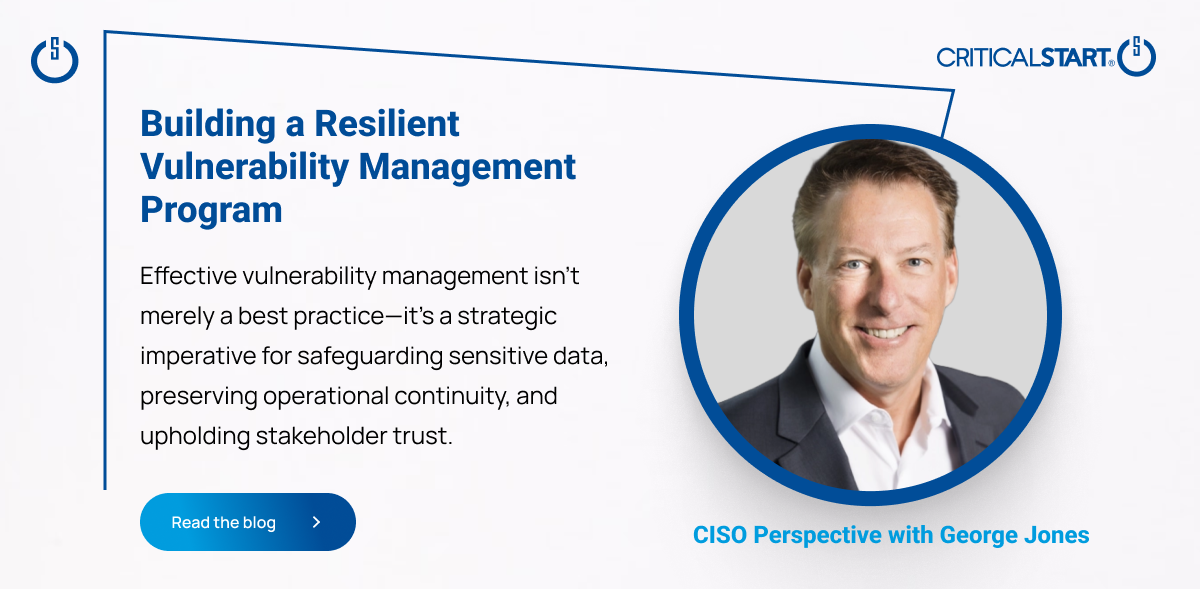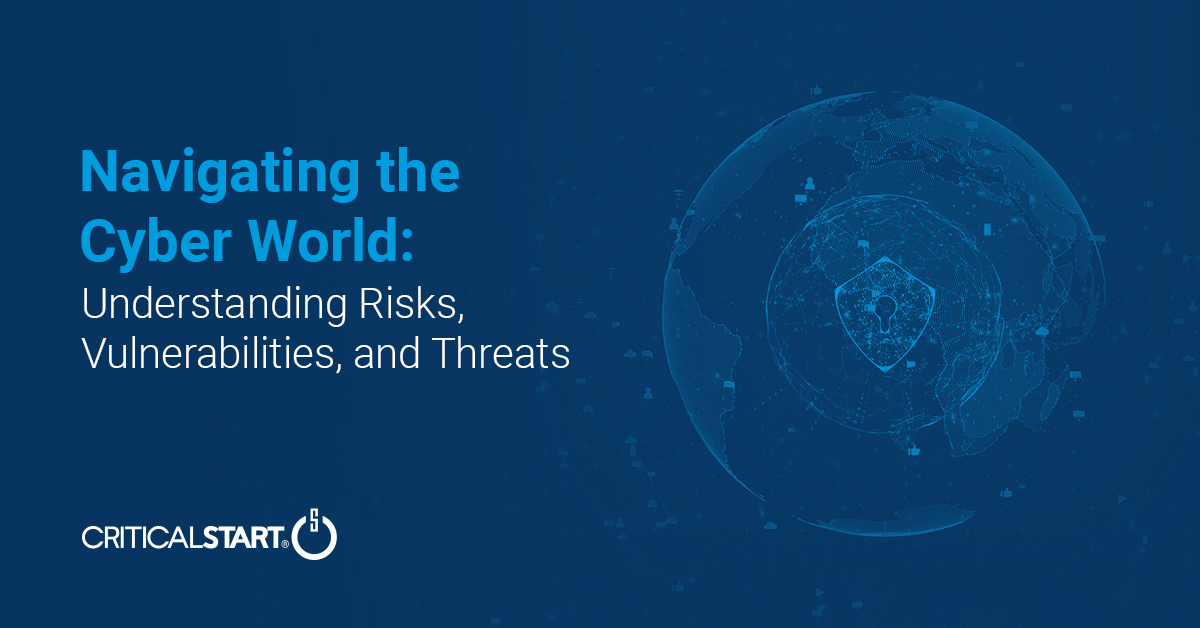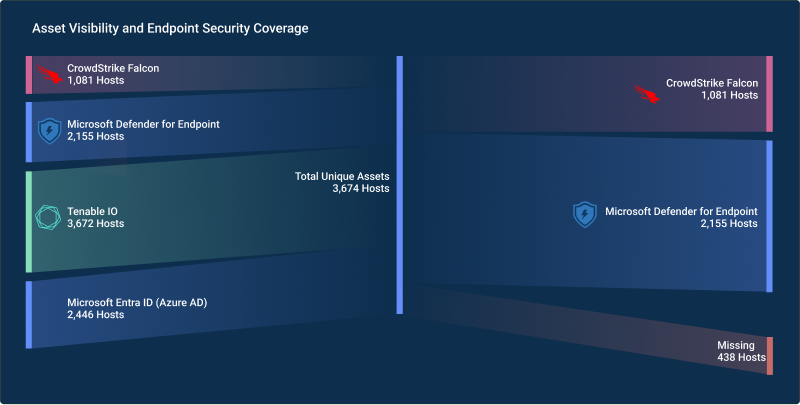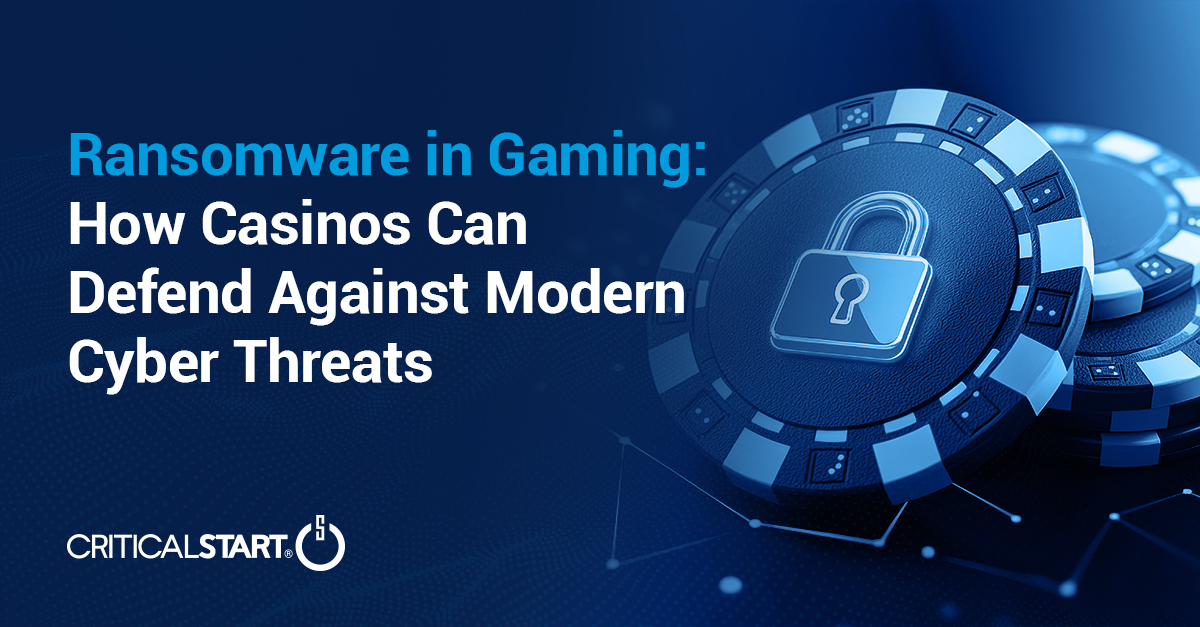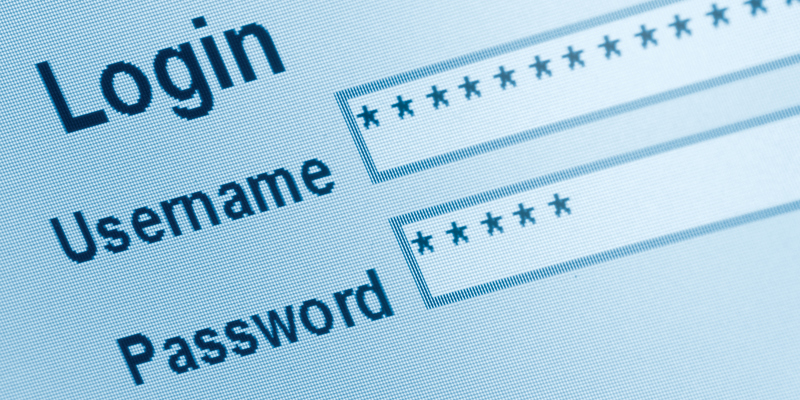
Despite the recent hacking of high-profile users’ Twitter accounts, and reports that Russia continues its attempts to penetrate U.S. institutions and government entities, cybersecurity remains something that campaigns are thinking about only when there’s an issue.
“Campaigns do not talk publicly about the precautions they’re taking,” said Brian Franklin, co-founder of Campaign Defense, a cybersecurity training firm. “But while I think state parties are making slow progress, most campaigns seem to be ignoring the issue and addressing only when a problem comes up. The lack of discussion about it is concerning and will likely be an increasing problem as we get closer.”
Some experts are advising political professionals to operate with an “assume breach mentality” from now until Election Day.
It’s advice they’re offering not just to campaign professionals but also to advocates and reporters covering the national horserace and even think tanks.
“As we’re entering this period between now and November, I think it’s absolutely to be expected that there will be a higher level of activity,” Jan Neutze, who heads Microsoft’s Defending Democracy Program, told C&E in a recent interview.
Practitioners need to have the mindset to be constantly monitoring and investigating their own and their organization’s digital protections, Neutze said.
While cyber threats had decreased early on during the pandemic, they’ve spiked back up, he said. “We’re seeing a constant drumbeat of nation-state activity.”
He added: “One of the things that is so challenging is the combination of cybersecurity threats and then exploiting that for disinformation purposes.”
In terms of specific threats, Neutze said domain spoofing remains a popular avenue of attack, one that involves hackers creating a fake domain that looks like an organization from which the recipient would expect to receive emails. Another is “password spray attacks.”
“They try in large volumes to essentially crack passwords,” he said, noting that multi-factor identification deployed across your entire digital ecosystem “can really help secure yourself against these types of attacks.”
Campaigns remain a prime target, but if hackers or cyber criminals don’t have luck with the organization itself, they’ll start to target its vendors and advisors.
“Security is only as good as its weakest link,” Neutze said. “That’s why it’s imperative that campaigns are very intentional about what technology they use and the minimum baselines they set for folks they have to share files with and so on.”
As part of its Defending Democracy Program, Microsoft recently made available patches for Windows 7, which was released in 2009. The company had pledged to support the software for a decade but extended that because “a relatively small but still significant number of certified voting machines in operation [are] running on Windows 7,” it said in September.
“We didn’t want there to be any reason whatsoever why folks wouldn’t have access to these security patches,” said Neutze. “Some [elections officials] have the challenge that due to budget limitations they’re running some legacy applications and software where patches don’t exist anymore.”
In fact, some cybersecurity experts view voting infrastructure as possibly a bigger target for countries like Russia that are bent on electoral interference.
“The biggest problem that makes this threat real, is it’s not impossible for nation-states to gain access to these [voting] devices even a year before the election happens,” said Quentin Rhoads-Herrera, director of professional services at CRITICALSTART, a cybersecurity services provider.
He advised elections officials to use network monitoring services and industry-standard encryption when data is at rest and when it’s sent.
“If I vote for person X and that becomes a data point that’s sent to another device, it’s signed before it’s sent,” said Rhoads-Herrera. “That just confirms that data hasn’t been altered. That’s a common practice in things like banking apps.”
The recent HBO documentary “Kill Chain: The Cyber War on America’s Elections,” highlighted the vulnerability of many voting systems in America today.
Rhoads-Herrera echoed that, noting that most companies don’t want their machines tested by outside experts for fear that the vulnerabilities could be shared publicly.
“These developers of voting machines, they’re not looking for widespread testing of their machines,” he said. “It’s an extremely real risk.”
Featured in Campaigns and Elections | July 24, 2020
![]()
Ransomware in 2025: The Real Risk, the Gaps That Persist, and What Actually Works
Ransomware attacks aren’t slowing down. They’re getting smarter, faster, and more expensive. In ...![]()
Security Operations Leaders: The Chaos Is Real
If you’re a CISO, SOC leader, or InfoSec pro, you’ve felt it. Alert volumes spike. Tools multipl...![]()
Transform Vulnerability Management: How Critical Start & Qualys Reduce Cyber Risk
In a recent webinar co-hosted by Qualys and Critical Start, experts from both organizations discusse...![]()
H2 2024 Cyber Threat Intelligence Report: Key Takeaways for Security Leaders
In a recent Critical Start webinar, cyber threat intelligence experts shared key findings from the H...![]()
Bridging the Cybersecurity Skills Gap with Critical Start’s MDR Expertise
During a recent webinar hosted by CyberEdge, Steven Rosenthal, Director of Product Management at Cri...![]()
2024: The Cybersecurity Year in Review
A CISO’s Perspective on the Evolving Threat Landscape and Strategic Response Introduction 2024 has...![]()
Modern MDR That Adapts to Your Needs: Tailored, Flexible Security for Today’s Threats
Every organization faces unique challenges in today’s dynamic threat landscape. Whether you’re m...![]()
Achieving Cyber Resilience with Integrated Threat Exposure Management
Welcome to the third and final installment of our three-part series Driving Cyber Resilience with Hu...Why Remote Containment and Active Response Are Non-Negotiables in MDR
You Don’t Have to Settle for MDR That Sucks Welcome to the second installment of our three-part bl...![]()
Choosing the Right MDR Solution: The Key to Peace of Mind and Operational Continuity
Imagine this: an attacker breaches your network, and while traditional defenses scramble to catch up...![]()
Redefining Cybersecurity Operations: How New Cyber Operations Risk & Response™ (CORR) platform Features Deliver Unmatched Efficiency and Risk Mitigation
The latest Cyber Operations Risk & Response™ (CORR) platform release introduces groundbreaking...![]()
The Rising Importance of Human Expertise in Cybersecurity
Welcome to Part 1 of our three-part series, Driving Cyber Resilience with Human-Driven MDR: Insights...![]()
Achieving True Protection with Complete Signal Coverage
Cybersecurity professionals know all too well that visibility into potential threats is no longer a ...![]()
Beyond Traditional MDR: Why Modern Organizations Need Advanced Threat Detection
You Don’t Have to Settle for MDR That Sucks Frustrated with the conventional security measures pro...The Power of Human-Driven Cybersecurity: Why Automation Alone Isn’t Enough
Cyber threats are increasingly sophisticated, and bad actors are attacking organizations with greate...Importance of SOC Signal Assurance in MDR Solutions
In the dynamic and increasingly complex field of cybersecurity, ensuring the efficiency and effectiv...The Hidden Risks: Unmonitored Assets and Their Impact on MDR Effectiveness
In the realm of cybersecurity, the effectiveness of Managed Detection and Response (MDR) services hi...![]()
The Need for Symbiotic Cybersecurity Strategies | Part 2: Integrating Proactive Security Intelligence into MDR
In Part 1 of this series, The Need for Symbiotic Cybersecurity Strategies, we explored the critical ...Finding the Right Candidate for Digital Forensics and Incident Response: What to Ask and Why During an Interview
So, you’re looking to add a digital forensics and incident response (DFIR) expert to your team. Gr...![]()
The Need for Symbiotic Cybersecurity Strategies | Part I
Since the 1980s, Detect and Respond cybersecurity solutions have evolved in response to emerging cyb...![]()
Critical Start H1 2024 Cyber Threat Intelligence Report
Critical Start is thrilled to announce the release of the Critical Start H1 2024 Cyber Threat Intell...![]()
Now Available! Critical Start Vulnerability Prioritization – Your Answer to Preemptive Cyber Defense.
Organizations understand that effective vulnerability management is critical to reducing their cyber...![]()
Recruiter phishing leads to more_eggs infection
With additional investigative and analytical contributions by Kevin Olson, Principal Security Analys...![]()
2024 Critical Start Cyber Risk Landscape Peer Report Now Available
We are excited to announce the release of the 2024 Critical Start Cyber Risk Landscape Peer Report, ...Critical Start Managed XDR Webinar — Increase Threat Protection, Reduce Risk, and Optimize Operational Costs
Did you miss our recent webinar, Stop Drowning in Logs: How Tailored Log Management and Premier Thre...Pulling the Unified Audit Log
During a Business Email Compromise (BEC) investigation, one of the most valuable logs is the Unified...![]()
Set Your Organization Up for Risk Reduction with the Critical Start Vulnerability Management Service
With cyber threats and vulnerabilities constantly evolving, it’s essential that organizations take...![]()
Announcing the Latest Cyber Threat Intelligence Report: Unveiling the New FakeBat Variant
Critical Start announces the release of its latest Cyber Threat Intelligence Report, focusing on a f...Cyber Risk Registers, Risk Dashboards, and Risk Lifecycle Management for Improved Risk Reduction
Just one of the daunting tasks Chief Information Security Officers (CISOs) face is identifying, trac...![]()
Beyond SIEM: Elevate Your Threat Protection with a Seamless User Experience
Unraveling Cybersecurity Challenges In our recent webinar, Beyond SIEM: Elevating Threat Prote...![]()
Navigating the Convergence of IT and OT Security to Monitor and Prevent Cyberattacks in Industrial Environments
The blog Mitigating Industry 4.0 Cyber Risks discussed how the continual digitization of the manufac...![]()
Critical Start Cyber Risk Peer Insights – Strategy vs. Execution
Effective cyber risk management is more crucial than ever for organizations across all industries. C...![]() Press Release
Press ReleaseCritical Start Named a Major Player in IDC MarketScape for Emerging Managed Detection and Response Services 2024
Critical Start is proud to be recognized as a Major Player in the IDC MarketScape: Worldwide Emergin...Introducing Free Quick Start Cyber Risk Assessments with Peer Benchmark Data
We asked industry leaders to name some of their biggest struggles around cyber risk, and they answer...Efficient Incident Response: Extracting and Analyzing Veeam .vbk Files for Forensic Analysis
Introduction Incident response requires a forensic analysis of available evidence from hosts and oth...![]()
Mitigating Industry 4.0 Cyber Risks
As the manufacturing industry progresses through the stages of the Fourth Industrial Revolution, fro...![]()
CISO Perspective with George Jones: Building a Resilient Vulnerability Management Program
In the evolving landscape of cybersecurity, the significance of vulnerability management cannot be o...![]()
Navigating the Cyber World: Understanding Risks, Vulnerabilities, and Threats
Cyber risks, cyber threats, and cyber vulnerabilities are closely related concepts, but each plays a...The Next Evolution in Cybersecurity — Combining Proactive and Reactive Controls for Superior Risk Management
Evolve Your Cybersecurity Program to a balanced approach that prioritizes both Reactive and Proactiv...![]()
CISO Perspective with George Jones: The Top 10 Metrics for Evaluating Asset Visibility Programs
Organizations face a multitude of threats ranging from sophisticated cyberattacks to regulatory comp...- Webinar
Are Critical Threats Slipping Through Your Defenses?
Modern security teams are buried in noisy alerts and stretched thin. Even with powerful tools like M... ![]()
Ransomware in Gaming: How Casinos Can Defend Against Modern Cyber Threats
Hackers aren’t gambling. They know exactly where to hit. And for gaming companies, the stakes ...- eBook
Ditch the Black Box: Get Transparent MDR with Critical Start
Tired of MDR providers leaving you in the dark? We totally get it. Our eBook, Unmatched Transparency...
Newsletter Signup
Stay up-to-date on the latest resources and news from CRITICALSTART.
Thanks for signing up!
